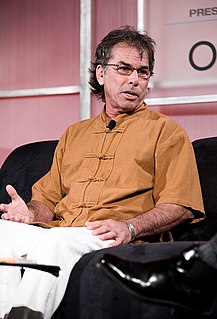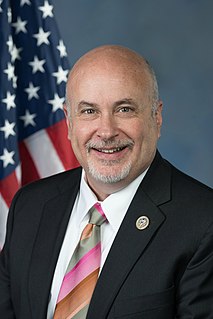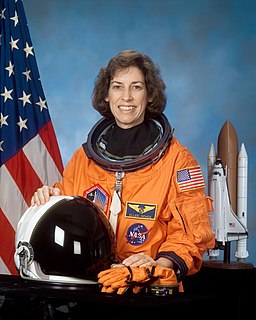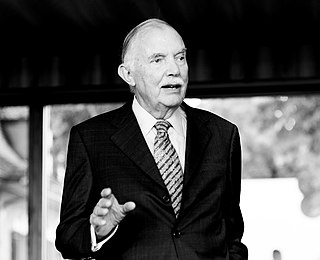A Quote by Mickey Hart
I hated science in high school. Technology? Engineering? Math? Why would I ever need this? Little did I realize that music was also about science, technology, engineering and mathematics, all rolled into one.
Quote Topics
Related Quotes
We know that to compete for the jobs of the 21st century and thrive in a global economy, we need a growing, skilled and educated workforce, particularly in the areas of science, technology, engineering and math. Americans with bachelor's degrees have half the unemployment rate of those with a high school degree.
Shiv Nadar University has five schools with 16 departments offering 14 undergraduate, 10 master's and 13 doctoral programmes. The demand for engineering courses - computer science, engineering, electronics, communication engineering, mechanical engineering - is slightly on the higher side compared to other engineering courses.
Engineering is not merely knowing and being knowledgeable, like a walking encyclopedia; engineering is not merely analysis; engineering is not merely the possession of the capacity to get elegant solutions to non-existent engineering problems; engineering is practicing the art of the organizing forces of technological change ... Engineers operate at the interface between science and society.


































